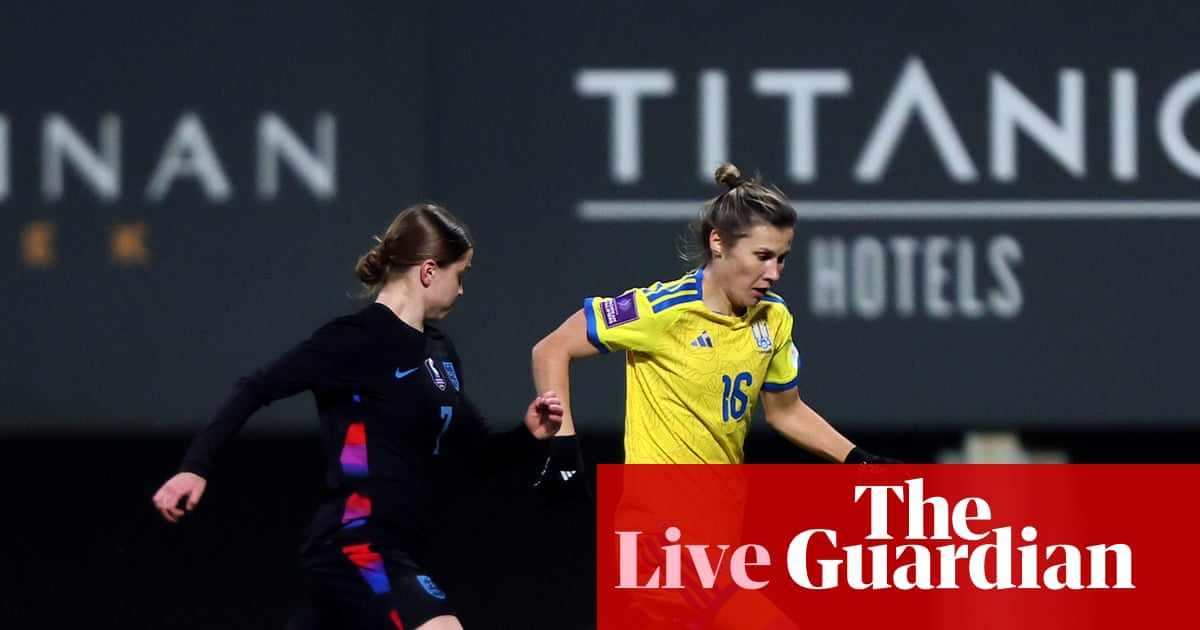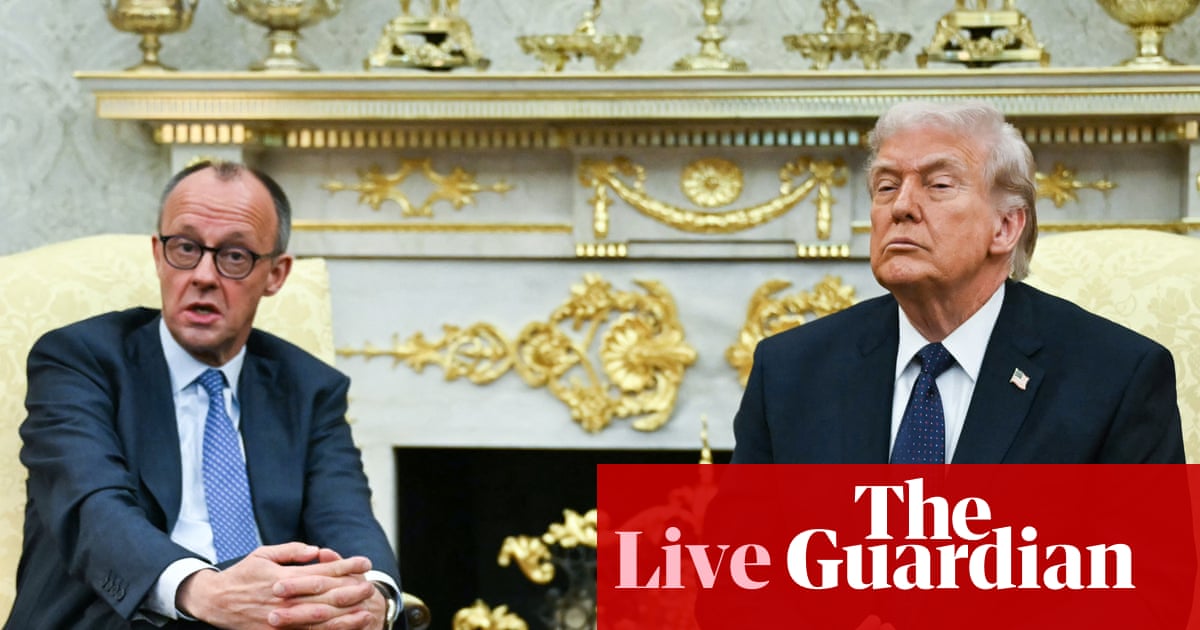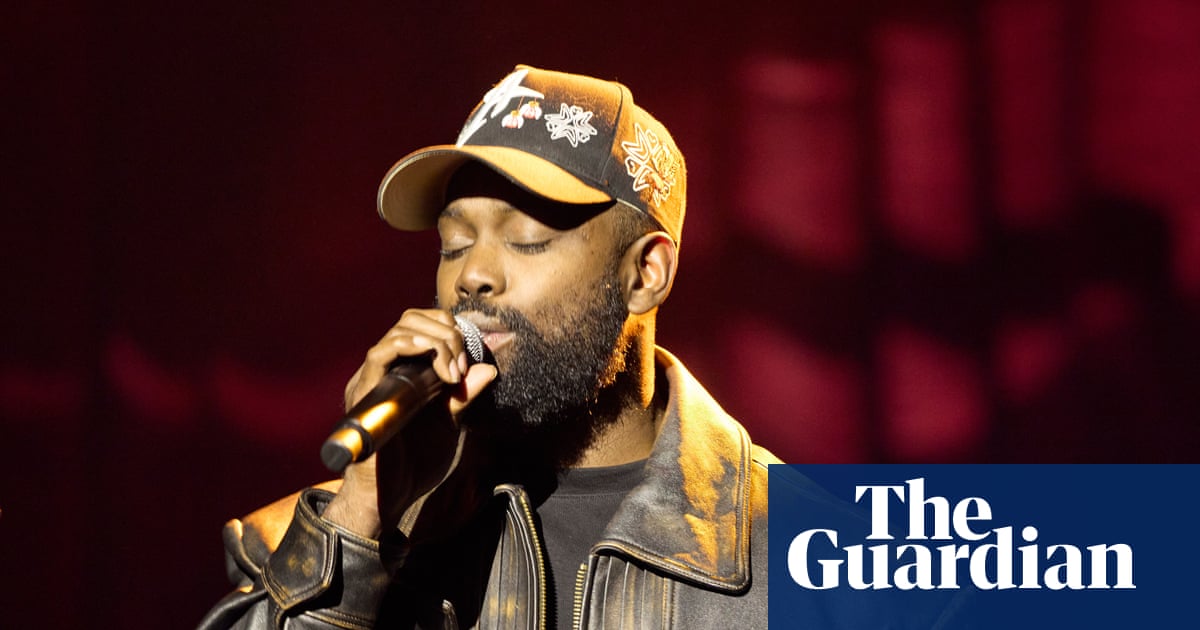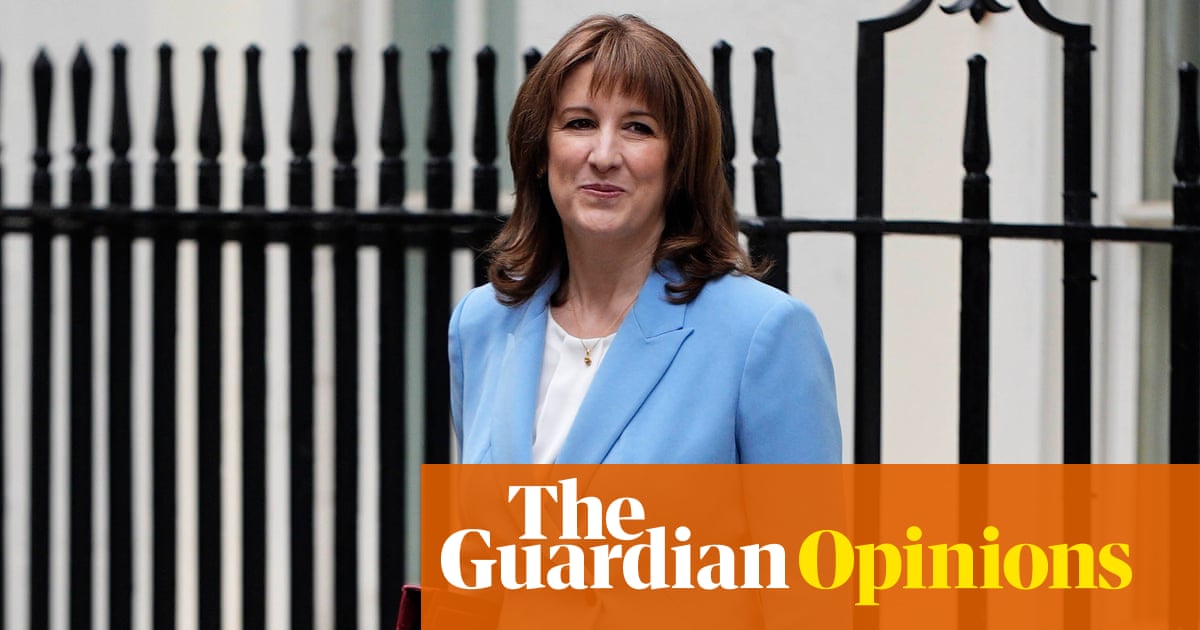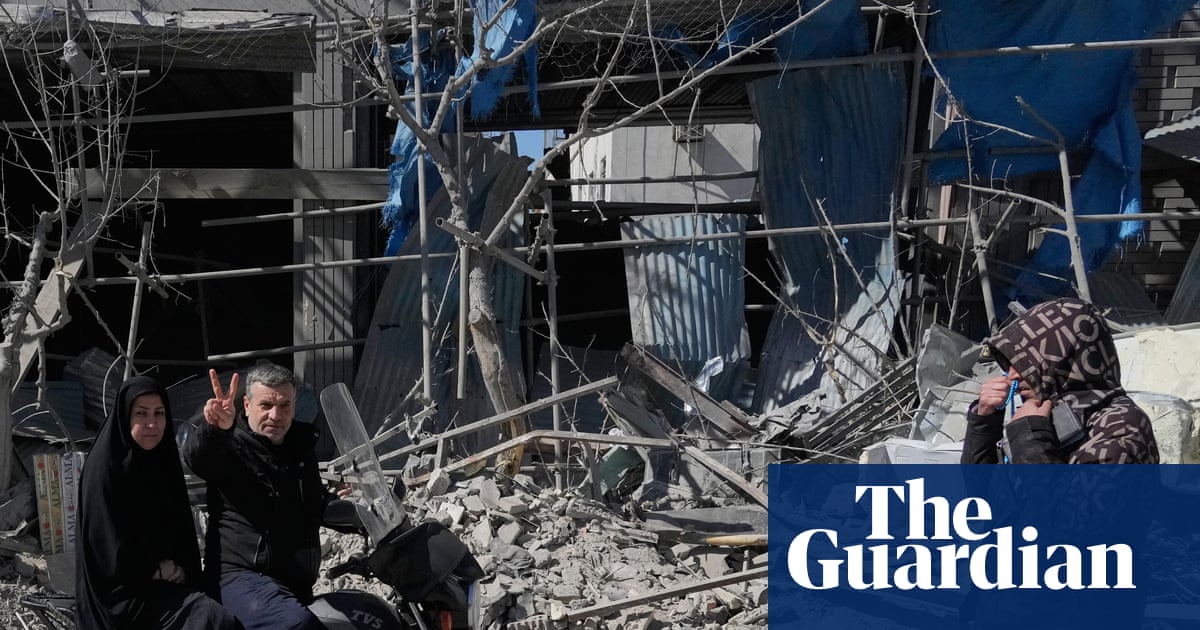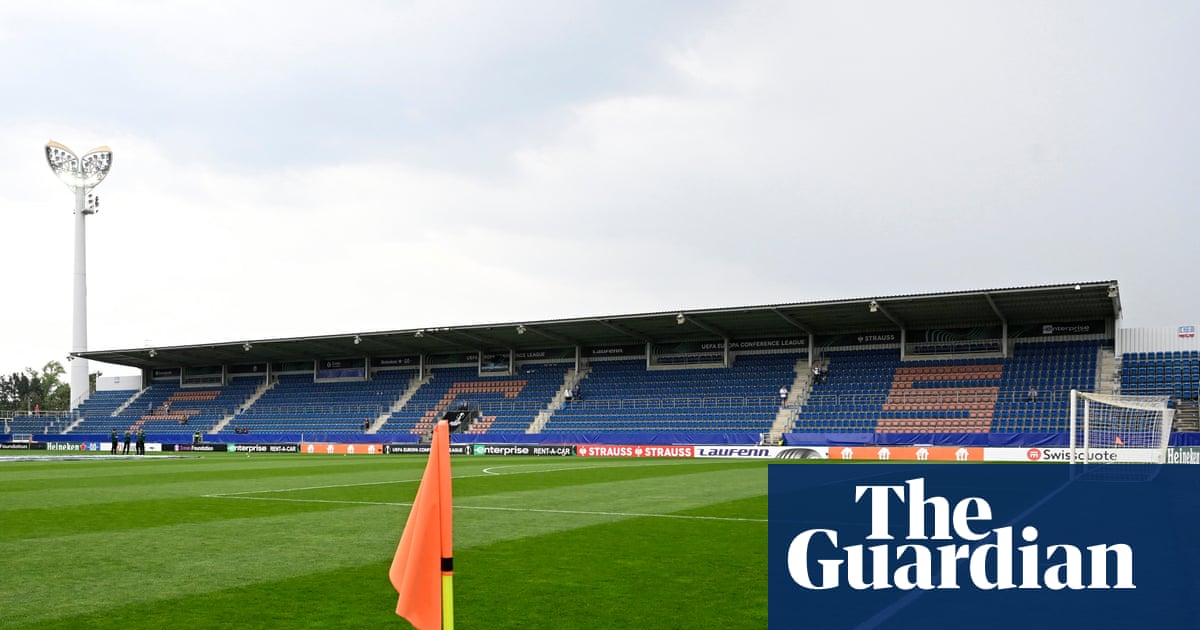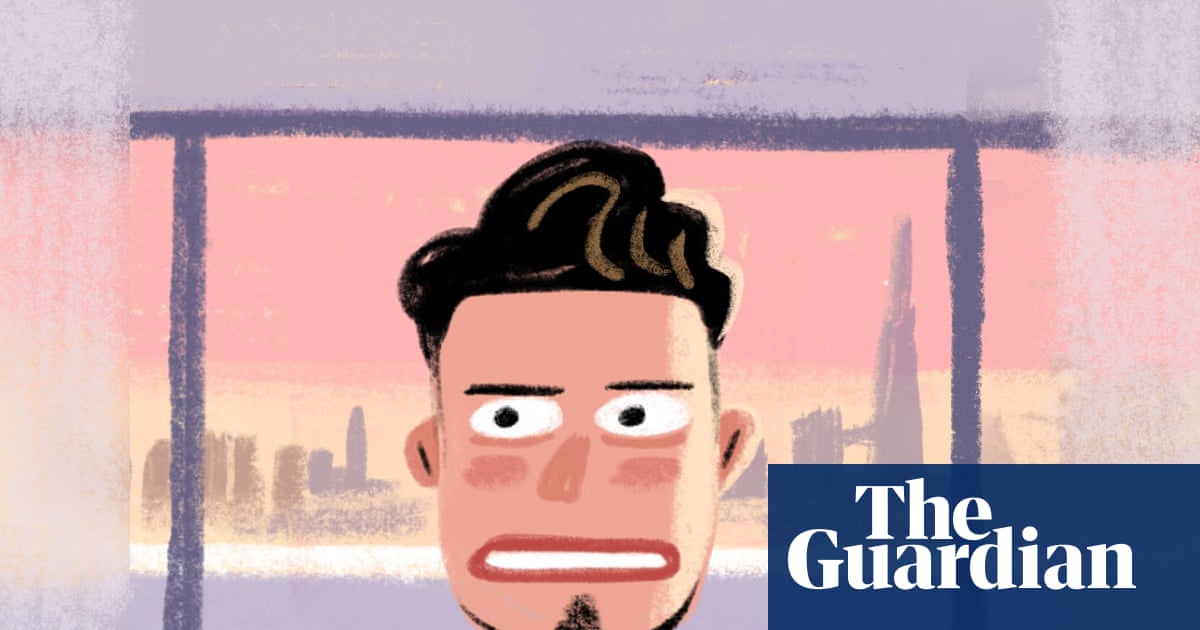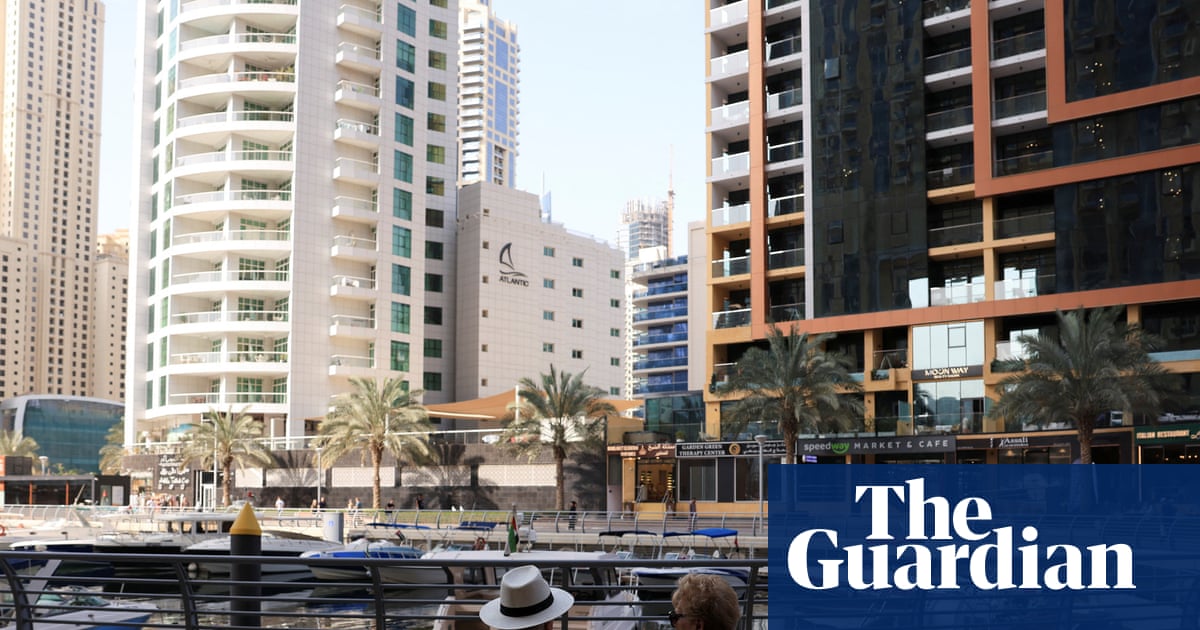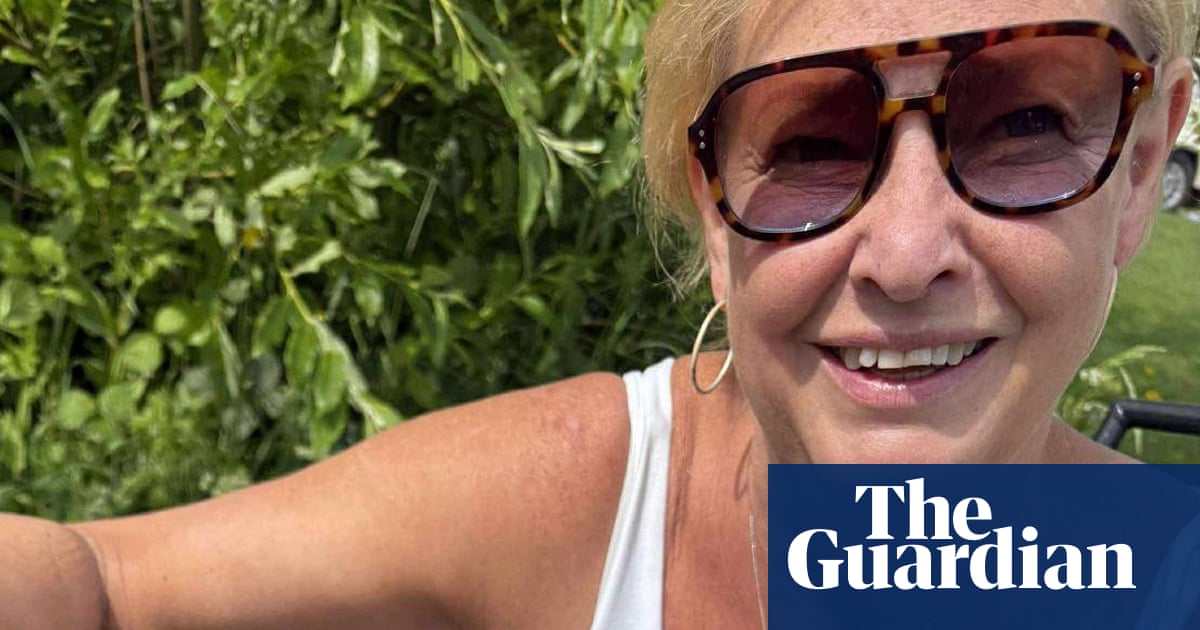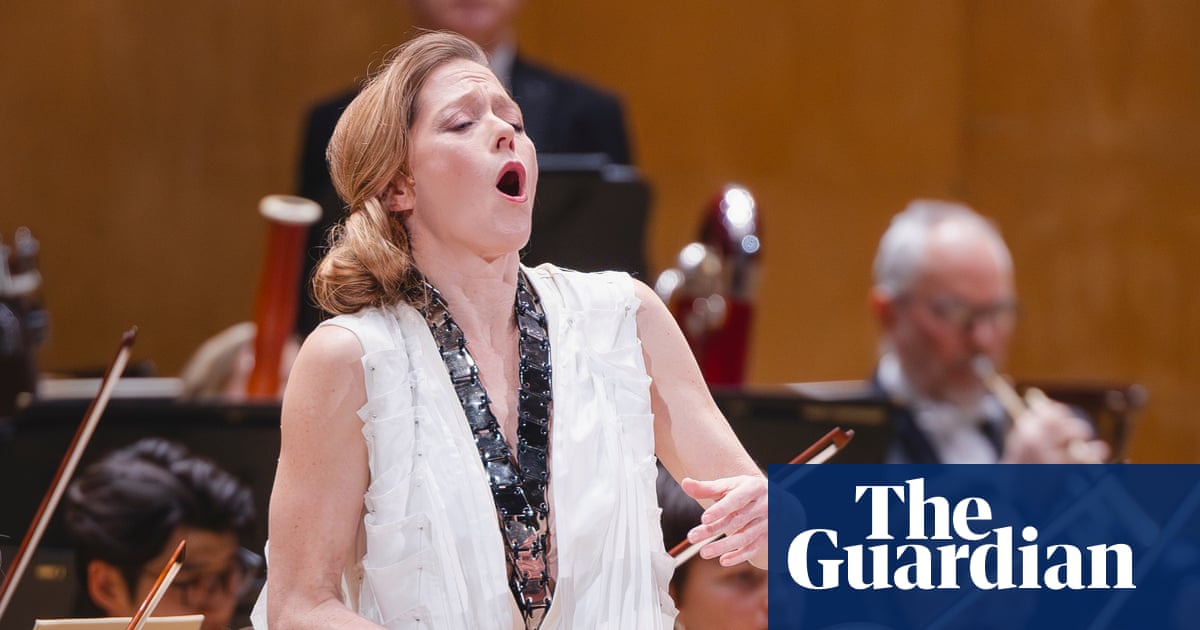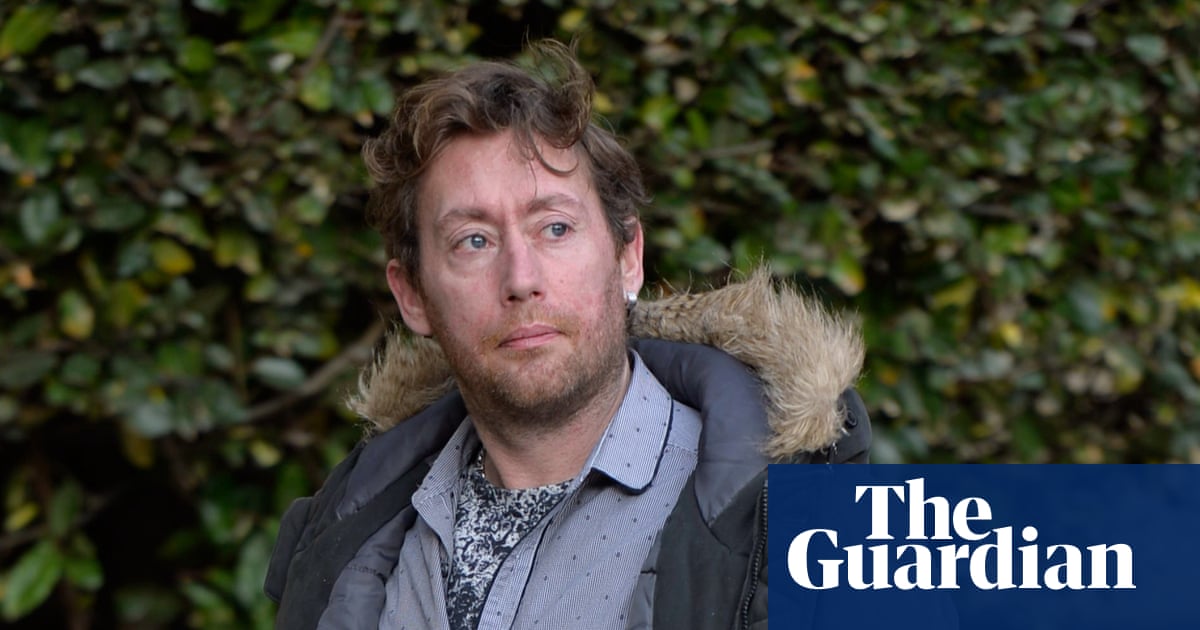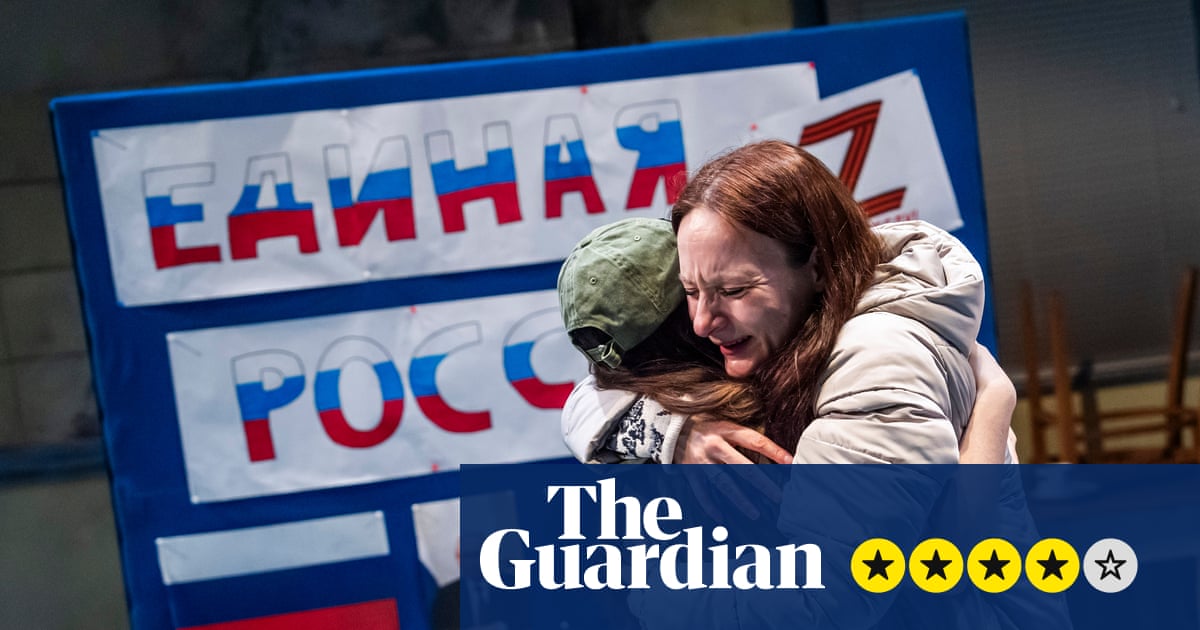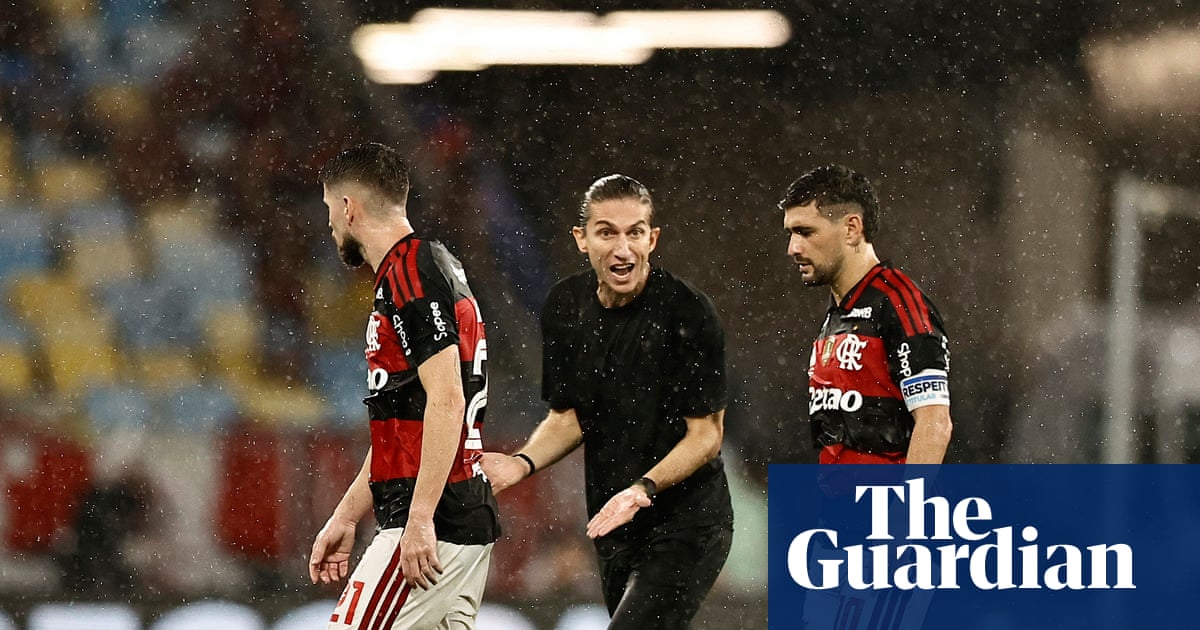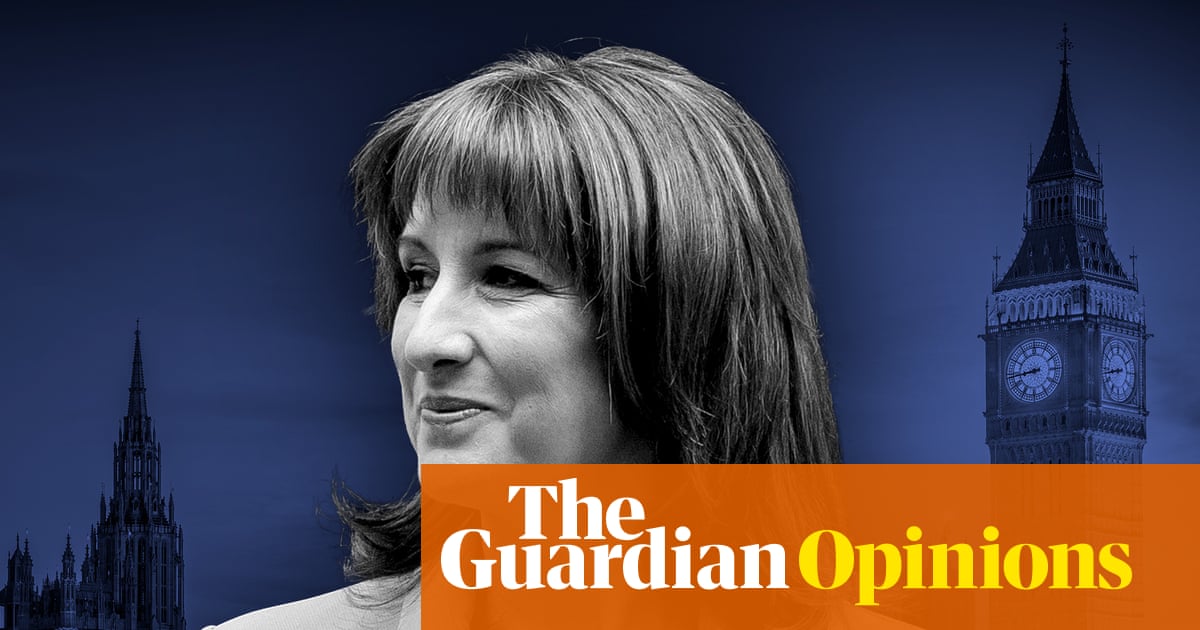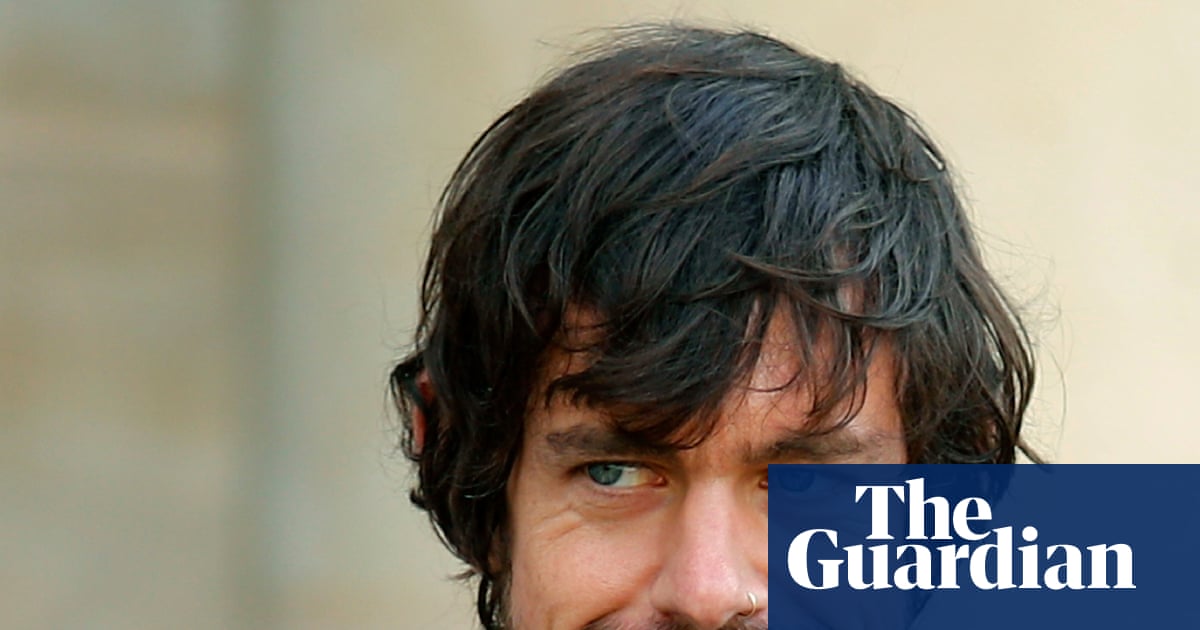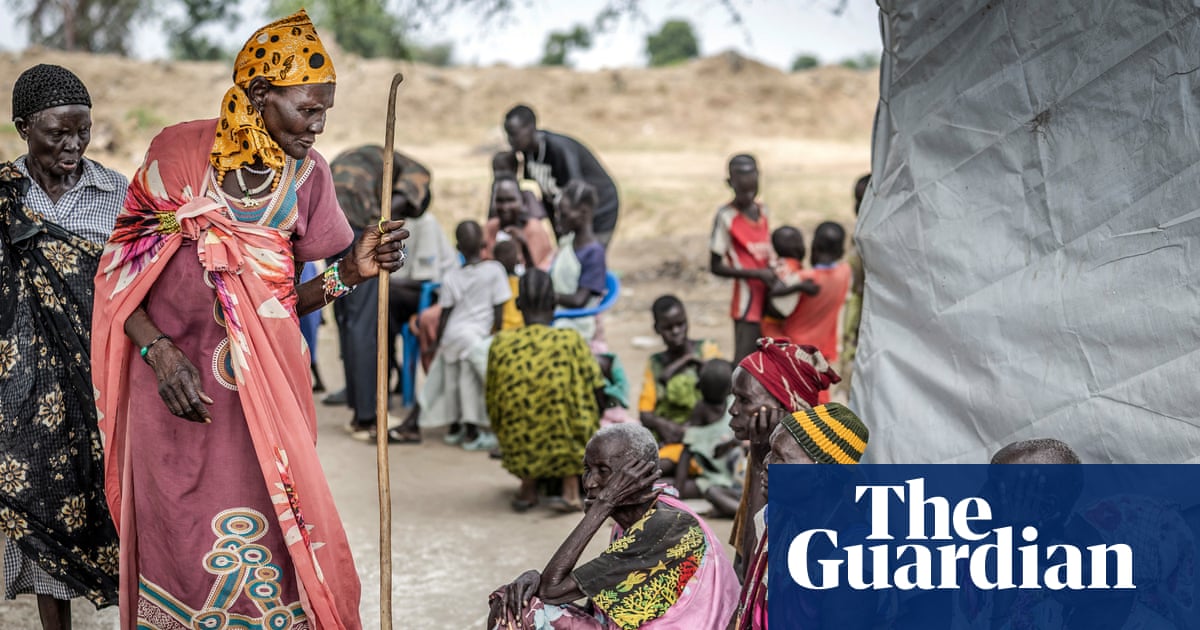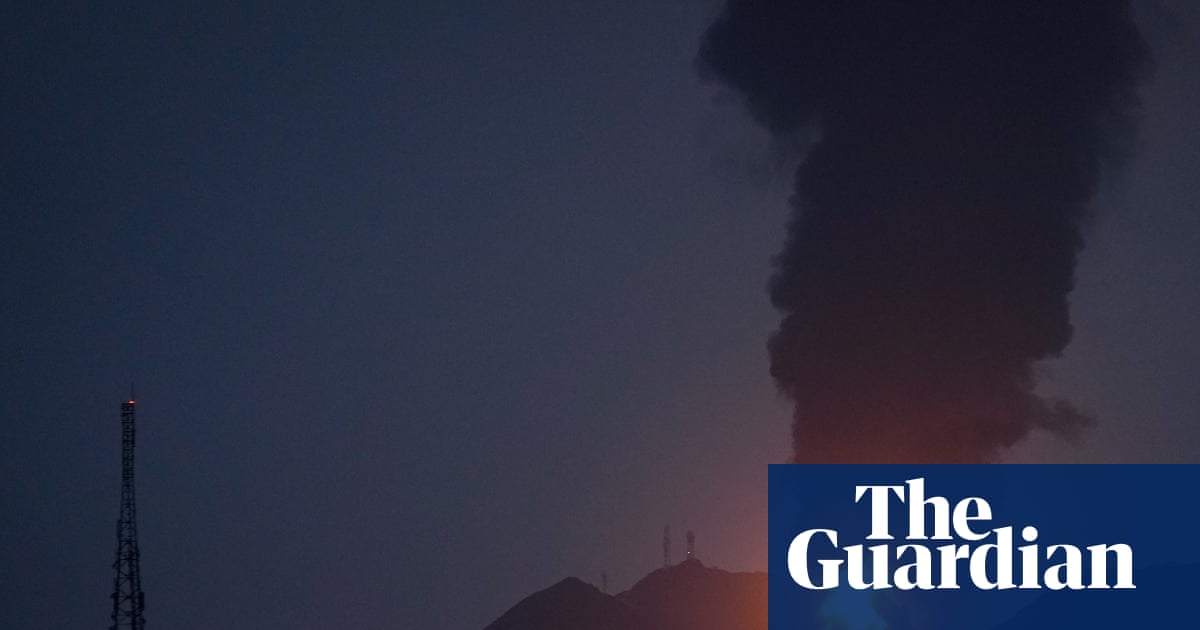Few things invite Kremlin-watching like the unexplained absence of a senior official.
And Sergei Lavrov’s no-show from a key Kremlin meeting last week has inevitably set off speculation about what may be shifting behind the scenes.
Veteran foreign minister Lavrov, 75, was the only permanent member of the security council missing from last Tuesday’s session, during which Vladimir Putin instructed officials to draw up proposals on the possible resumption of nuclear weapons testing – an absence the well-connected Kommersant newspaper said was “agreed in advance.”
Adding to the intrigue, Lavrov was also left off Russia’s delegation to the upcoming G20 summit in South Africa, with a more junior official appointed in his place.
Taken together, the unusual decisions prompted Moscow to insist that nothing was amiss.
Asked on Monday about rumours Lavrov had fallen out of favour with Putin, the Kremlin dismissed them as “absolutely untrue”, saying there was “no need to pay attention” and that “everything is fine”.
“Sergei Viktorovich continues to work, and he is actively at work,” Putin’s spokesperson Dmitry Peskov said, using the minister’s patronymic. “When there are relevant public events, you will see the minister.”
Rumblings of Putin’s displeasure with Lavrov first emerged after US president Donald Trump abruptly cancelled his planned summit with the Russian leader in Budapest last month.
According to media reports, the meeting was shelved after a tense call between Lavrov and US secretary of state Marco Rubio, during which US officials were taken aback by Lavrov’s demands and his rigid insistence on Russia’s maximalist positions in Ukraine peace talks, convincing Washington that a summit would be pointless.
A former high-ranking Kremlin official told the Guardian that there was no indication that Lavrov had been “banished,” noting that his absence from two public events was not, in itself, proof of a fall from grace.
Speaking on condition of anonymity, the former official said Putin was seen as unlikely to jettison a diplomat who has served him loyally for decades.
But the source said Lavrov had “mishandled” his conversation with Rubio and “made a diplomatic mess of it.”
The source said Lavrov had pressed an uncompromising set of demands to appear patriotic in the eyes of the Kremlin – a stance that ultimately proved counterproductive.
The source added that Putin had previously shown irritation with Lavrov’s increasingly confrontational tone and his diminishing ability to project diplomatic finesse.
Lavrov, a career diplomat who joined the Soviet foreign service in 1972, has served as Russia’s foreign minister since 2004, making him one of the longest-serving top diplomats in the world.
Known for his gravel-voiced delivery and combative press conferences, Lavrov has been central to defending Moscow’s foreign policy from the Iraq war to Syria, the annexation of Crimea and the full-scale invasion of Ukraine.
Once regarded in western capitals as a pragmatic and highly capable diplomat, Lavrov has hardened alongside Putin’s system, adopting increasingly belligerent rhetoric.
“Putin wanted the meeting in Budapest, and it wasn’t Lavrov’s role to get in between,” the former official said.
A summit with Trump would have given Putin another opportunity to press his case with the US president who has, in the past, gravitated towards Moscow’s stance over Ukraine after their encounters. Holding the meeting in Budapest would also have offered a significant symbolic win for Putin, underscoring his ability to travel freely on the continent despite the bloc’s efforts to isolate him.
In the aftermath of the cancellation, Trump has somewhat hardened his tone towards Moscow and introduced sanctions against two of Russia’s biggest oil producers.
The key question remains whether Lavrov blundered diplomatically, or whether Washington was always unlikely to agree to a new summit as long as Putin showed no willingness to compromise.
Boris Bondarev, a former senior diplomat who resigned publicly after Russia’s full-scale invasion, said it would be highly uncharacteristic for Lavrov to step outside his role as merely a conveyor of Putin’s views.
“Putin has been very comfortable working with Lavrov all these years because Sergei Viktorovich is a seasoned bureaucrat,” Bondarev said. “He knows perfectly well that you should never say anything that does not coincide 100% with the president’s position.”
“If there is even the slightest chance Putin might not like it, he simply won’t say it. So the idea that Lavrov showed any unwillingness to negotiate, and that this somehow derailed the meeting, is improbable. There is no separate Lavrov line; only Putin’s,” Bondarev added.
Still, Bondarev noted it was possible that Putin was now looking to pin the cancellation on Lavrov.
“In Russia’s system, the boss can never be in the wrong,” Bondarev said.
Lavrov himself gave an interview to state media over the weekend in what observers said was an attempt to counter speculation that he had been pushed aside. Speaking to the state-controlled RIA Novosti agency, Lavrov said that “certain difficulties have arisen” in the ongoing peace talks with Washington.
Even before the latest commotion about Lavrov’s standing, insiders say his actual influence over foreign policy had dwindled to almost nothing in recent years. He was not part of the tight-knit circle of Putin advisers who planned the full-scale invasion of Ukraine, and the decision caught him completely by surprise, two sources said.
Lavrov’s position was further challenged after Donald Trump’s re-election in 2024, when Kirill Dmitriev – the head of Russia’s sovereign wealth fund and a close friend of Putin’s daughter – began holding direct talks with members of Trump’s inner circle, encroaching on what had long been Lavrov’s domain.
The souring relationship between the two men has become an open secret in Moscow and has at times spilt into the open.
Lavrov and Dmitriev clashed last February during peace talks in Riyadh with Washington, when the foreign minister tried to exclude Dmitriev by removing the chair set out for him, according to two people who separately described the episode.
Dmitriev ended up joining the meeting after an intervention from Putin.
“The two absolutely cannot stand each other,” said the former high-ranking official.

 3 months ago
75
3 months ago
75
